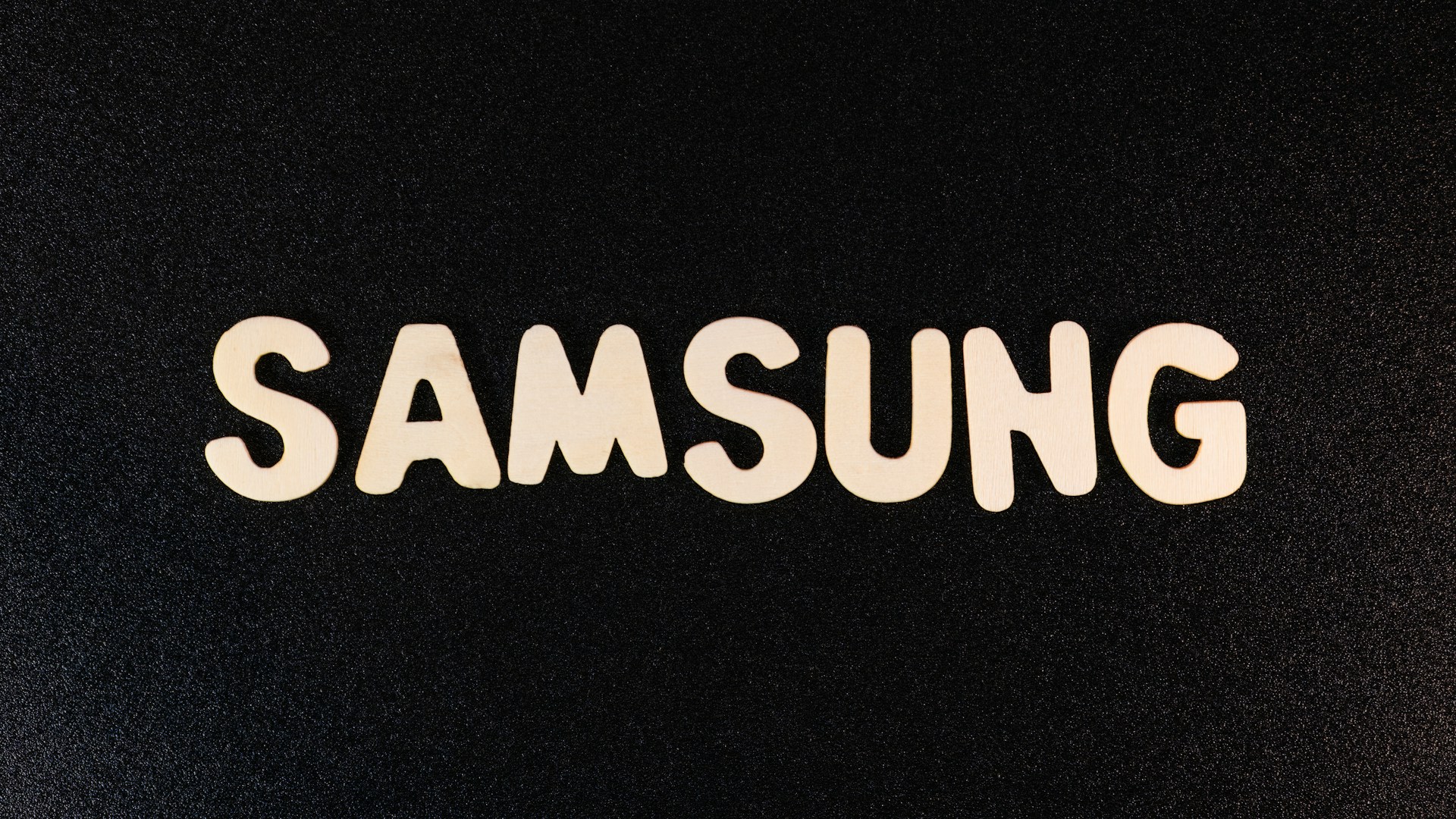In a surprising turn of events, Lee Jae-yong, the billionaire boss of Samsung Electronics, has been acquitted of charges related to stock manipulation and accounting fraud by a Seoul court. The charges were linked to a controversial merger in 2015 involving two Samsung affiliates. This ruling comes as a significant relief for Lee, who has been entangled in legal issues for an extended period.
Last year, South Korean prosecutors sought a five-year jail term for Lee, accusing him and other executives of manipulating the stock price of Cheil Industries, a textile company, and undervaluing Samsung C&T, a construction and engineering company, before their merger. Prosecutors contended that this merger allowed Lee to strengthen his control over Samsung Electronics, the conglomerate’s flagship company, where he serves as executive chairman.
Lee’s defense team vehemently denied any wrongdoing, asserting that the merger aimed to enhance the conglomerate’s management stability. The Seoul Central District Court, in its surprising decision, cited insufficient evidence to prove that Samsung intended to cause losses to Samsung C&T and its shareholders through the merger.
Chief judge Park Jung-jae stated that the merger could not be considered unfair as long as there was a reasonable purpose for it, even if it contributed to strengthening Lee’s control. The unexpected verdict has left experts shocked, with concerns raised about potential ramifications on foreign investors’ confidence in the Korean legal system and the stability of the Korean capital market.
This legal victory marks a significant development for Lee, who faced previous legal challenges. In 2017, he was found guilty of bribery and corruption charges, leading to a five-year prison sentence. However, he was released early when an appeals court overturned some charges. In January 2021, he returned to prison for two and a half years for embezzlement and bribery, later being released on parole in August 2021 and pardoned a year later.
The acquittal comes at a crucial time for Samsung, grappling with a sales slump. The tech giant recently ceded its position as the world’s leading smartphone maker to Apple and reported its fourth consecutive quarter of declining profits, reflecting sluggish demand for consumer devices and semiconductor chips.
During last year’s trial, Lee expressed remorse for the challenges faced by Samsung and its shareholders due to his legal battles. He acknowledged the rapid pace of technological innovation globally and emphasized the need to proactively respond to an unpredictable future. Lee highlighted the merger as a strategic move to position Samsung as a top-notch company and expressed a commitment to contribute to the company’s advancement.
The unexpected court decision not only relieves Lee of potential jail time but also reshapes the legal landscape surrounding Samsung, influencing perceptions of corporate governance and legal accountability in South Korea.
 Boeing and NASA Press Ahead with Historic Crewed Launch of New Spacecraft
Boeing and NASA Press Ahead with Historic Crewed Launch of New Spacecraft  Gold Prices Show Little Movement Amid Global Uncertainties
Gold Prices Show Little Movement Amid Global Uncertainties  Sony Launches Internal Investigation After New PS5 Pro Leaks, Known by the Codename Trinity
Sony Launches Internal Investigation After New PS5 Pro Leaks, Known by the Codename Trinity  Sundar Pichai Apologizes for Gemini AI Errors: They are Unacceptable
Sundar Pichai Apologizes for Gemini AI Errors: They are Unacceptable  IHG Plans to Distribute More Than $1 Billion to Shareholders Following Exceptional 2023
IHG Plans to Distribute More Than $1 Billion to Shareholders Following Exceptional 2023  Samsung Chief Exonerated in a Shocking Legal Twist on Financial Crime Charges
Samsung Chief Exonerated in a Shocking Legal Twist on Financial Crime Charges  S&P 500 Futures Signal Impending Record-Breaking Session
S&P 500 Futures Signal Impending Record-Breaking Session  Apple’s Vision Pro Battery Pack Unveils the Ultimate Evolution of Lightning Cables
Apple’s Vision Pro Battery Pack Unveils the Ultimate Evolution of Lightning Cables  Bay Area Tech Leader PayPal Reveals Significant Workforce Reduction, One Year After Previous Layoffs
Bay Area Tech Leader PayPal Reveals Significant Workforce Reduction, One Year After Previous Layoffs 